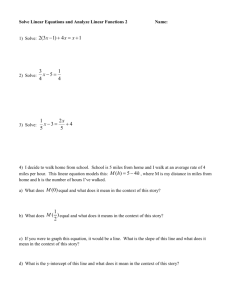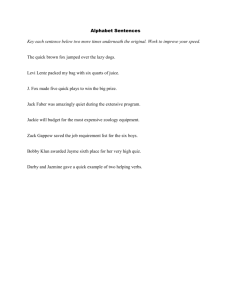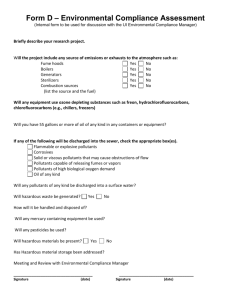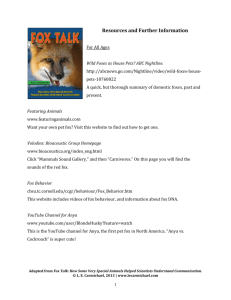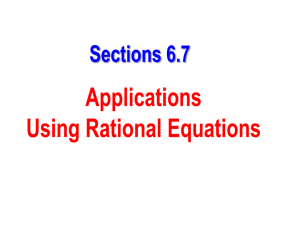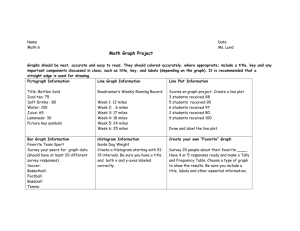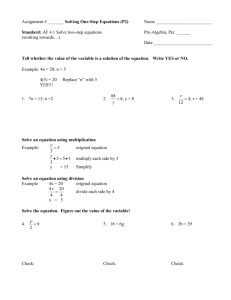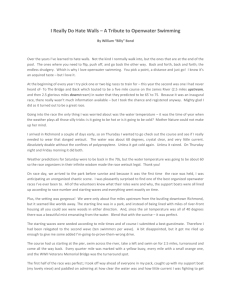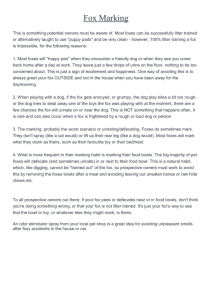12.4 Problems
advertisement
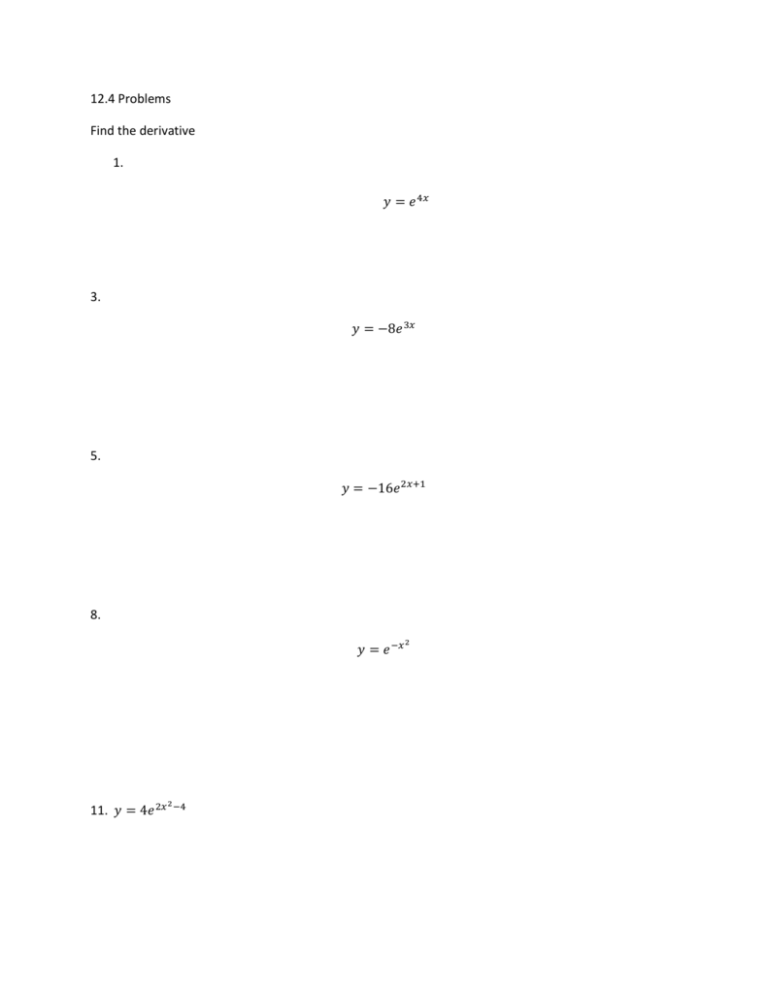
12.4 Problems Find the derivative 1. 𝑦 = 𝑒 4𝑥 3. 𝑦 = −8𝑒 3𝑥 5. 𝑦 = −16𝑒 2𝑥+1 8. 𝑦 = 𝑒 −𝑥 11. 𝑦 = 4𝑒 2𝑥 2 −4 2 13. 𝑦 = 𝑥𝑒 𝑥 15. 𝑦 = (𝑥 + 3)2 𝑒 4𝑥 17. 𝑦 = 19. 𝑦 = 𝑥2 𝑒𝑥 𝑒 𝑥 −𝑒 −𝑥 𝑥 21. 𝑝(𝑡) = 10,000 9+4𝑒 −0.2𝑡 33. 𝑦= 𝑥2 3 +2) (𝑥 𝑒 48. The concentration of pollutants (in grams per liter) in the east fork of the Big Weasel River is approximated by 𝑃(𝑥) = 0.04𝑒 −4𝑥 Where x is the number of miles downstream from a paper mill that the measurement is taken. Find the following values. a. The concentration of pollutants 0.5 miles downstream b. The concentration of pollutants 1 mile downstream c. The concentration of pollutants 2 miles downstream Find the rate of change of concentration with respect to distance for the following distances d. 0.5 miles e. 1 mile f. 2 miles 53. The age/weight relationship of female Arctic foxes caught in Svalbard, Norway, can be estimated by the function 𝑀(𝑡) = 3102𝑒 −𝑒 −0.022(𝑡−56) Where t is the age of the fox in days and M(t) is the weight of the fox in grams a. Estimate the weight of a female fox that is 200 days old b. Use M(t) to estimate the largest size that a female fox can attain. c. Estimate the age of a female fox when it has reached 80% of its maximum weight 63. Suppose a person is going up in a hot air balloon. The surrounding air temperature in degrees Fahrenheit decreases with height according to the formula 𝑇(ℎ) = 80𝑒 −0.000065ℎ Where h is the height in feet. How fast is the temperature decreasing when the person is at a height of 1000 feet and rising at a height of 800 ft/hr?
